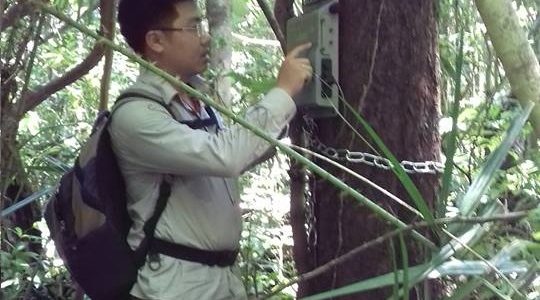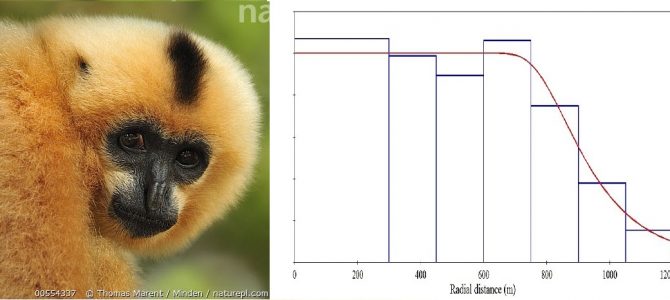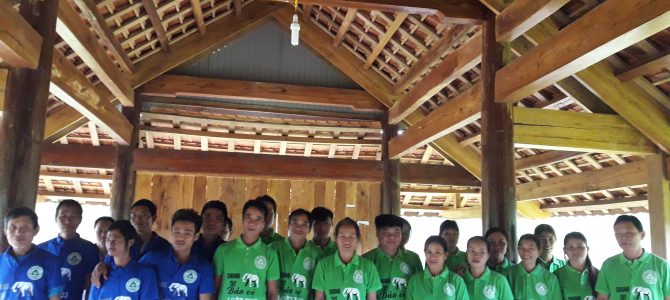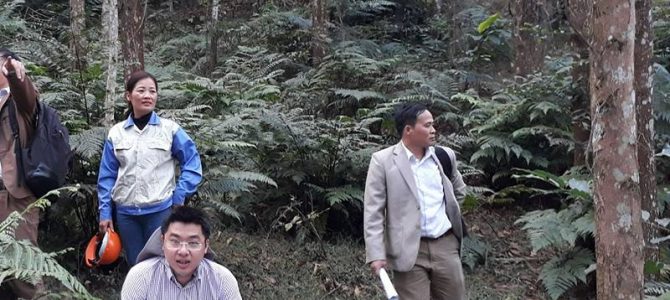Abstract Population monitoring is very important in wildlife management and conservation. All 18 species of gibbons are considered threatened with extinction and listed on the IUCN Red List of Threatened Species. Thus, understanding and effectively monitoring their population trends and…





